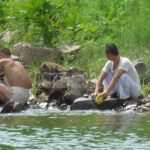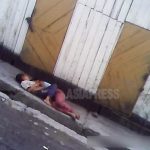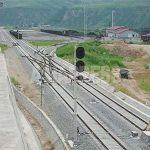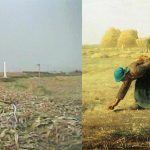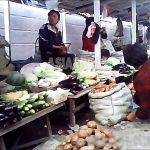2014/February/05
Written by PAEK Chang-ryong, a defector reporter
Two years after Kim Jong-un's inauguration, social disparity in North Korea is rising.
Two years have passed since the First Secretary Kim Jong-un, alleged to have been born in 1983, succeeded his father, Kim Jong-il. The young leader has since been devoting all of his energy to tasks such as purging top officials to consolidate his power in the state structure, and prioritizing the construction of amusement parks to boost his national prestige; all this despite the desperate wishes of the public to lead a life with fewer burdens - something unattainable for the majority of the population. Economic stagnation is steadily eroding the nation. In the past two years, disparity between the rich and poor has increased. As a result, vulnerable citizens neglected by the government, including many children, have lost their homes and become known as kotchebi. (*SEE NOTE BELOW)
These images are taken from videos filmed in North Korea by our reporters and reporting partners. Recordings were made in the period between March and August, 2013. These images depict a part of the real lives of North Korean people which the government never shows in the state-run media.
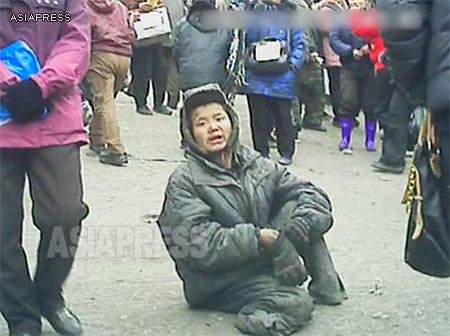
A boy who purportedly lost both of his legs in an accident was sitting on filthy ground near the entrance of a marketplace. He was dragging his body with his arms and begging from passersby. There were many people walking by in the market, known for being one of the biggest transportation hubs in the country, but no one gave the boy any handouts while the video was recording.
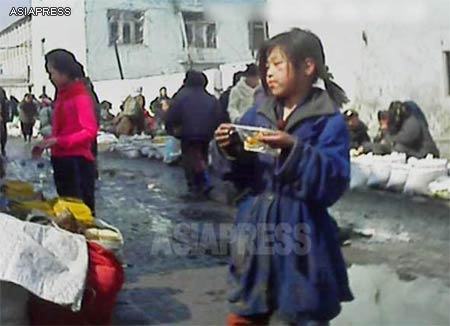
This girl was walking around food stands in the marketplace. She was nibbling bits of food from a small plastic bag. Her eyes never left the food in the stalls.
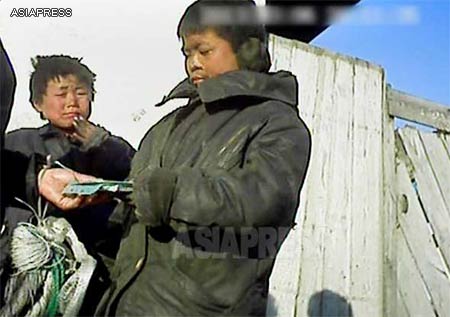
Two homeless kotchebi boys were shrewd businessmen. They approached the reporter in a candid manner: "Hey, there's a movie on this CD, I'll make a good bargain for you!"
They said one copy of a video CD costs 2,000 won (around 20 U.S. cents), but a bulk order would be 5,000 won. There are frequent crackdowns on illegal video CDs in North Korea. Many passersby at the market spoke to these boys sympathetically.
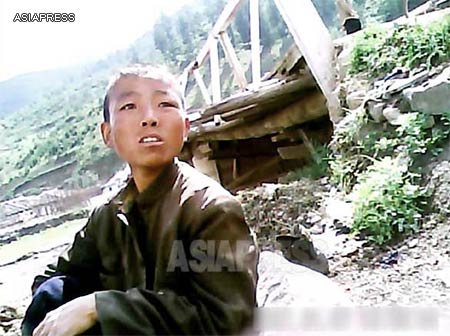
A reporter approached a kotchebi boy who was washing his legs at a riverbank. The boy said that he had lost both of his parents and was taken to a children's homeless shelter run by the local government. He described the reality of the shelter as a facility that forces its inmates to work without compensation. After he developed leg pain and could no longer work, the facility expelled him, telling him, "Find a way to support yourself." The boy recounted the story with tears running down his cheeks and lamented the shelter officers' heartlessness.
The reporter asked him whether he had eaten that day. He replied that he eats when he can procure food, but goes hungry when he cannot. But, he stated flatly, "I won't beg people for handouts." He said he earns a living by collecting wild herbs that grow in the mountains and selling them. It was clear that this small, thin boy had a tough spirit for forging a life through his difficult circumstances.
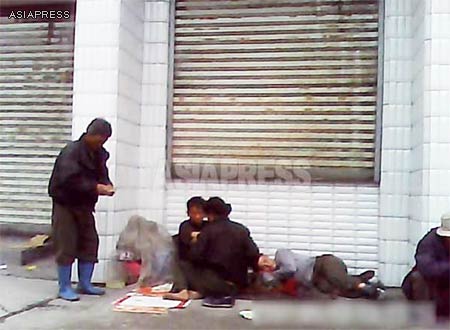
There are deprived children in perhaps every country of the world. However, North Korea is a place where the state proudly proclaims itself as having "nothing to envy," and insists on touting its Juche philosophy-based socialism as the most developed social system in the world. The children in these pictures are the tragic outcome of such state policies. They were barred from the ration system and cannot receive any form of social assistance.
While the Kim Jong-un regime proceeds with the third generation of power succession and proudly boasts luxury amusement parks to the media, homeless children who will not have any chance to visit such facilities in their lifetimes are quietly dying in the streets under bitter winter winds, and no one cares about their cruel destiny.
My heart wants to burst when I see the harsh circumstances these children face daily in the current state of my homeland, North Korea. ### Rimjin-gang
----------------------------------------------------------------------------------------
[*NOTE] kotchebi (꼬 제비) is a slang word used throughout North Korea to denote "vagabonds" or homeless people. In the mid-1990s when deaths from starvation became widespread, many people lost their homes and it became more common to see begging in the marketplaces and on the streets. Since then, the term has remained in common usage in North Korea. In South Korea and Japan. kotchebi is often misconstrued to indicate homeless children specifically; however, in North Korea the word does not distinguish between children and adults. Kotchebi is originally derived from the Russian word "kochevnik" (кочевник), which means "nomad." According to numerous accounts from elderly North Koreans, Russians who engaged in recovery efforts after the Korean War would refer to drifters as "kochevniki."
The term kotchebi is often misinterpreted as "flowering swallow" in South Korea, since it resembles the Korean words for kkoch (꽃), "flower," and jebi (제비), "swallow."
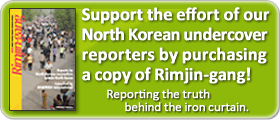
* Editor's notes on North Korean reporters
ALL REPORTS >>>
ARCHIVE(pdf) >>
